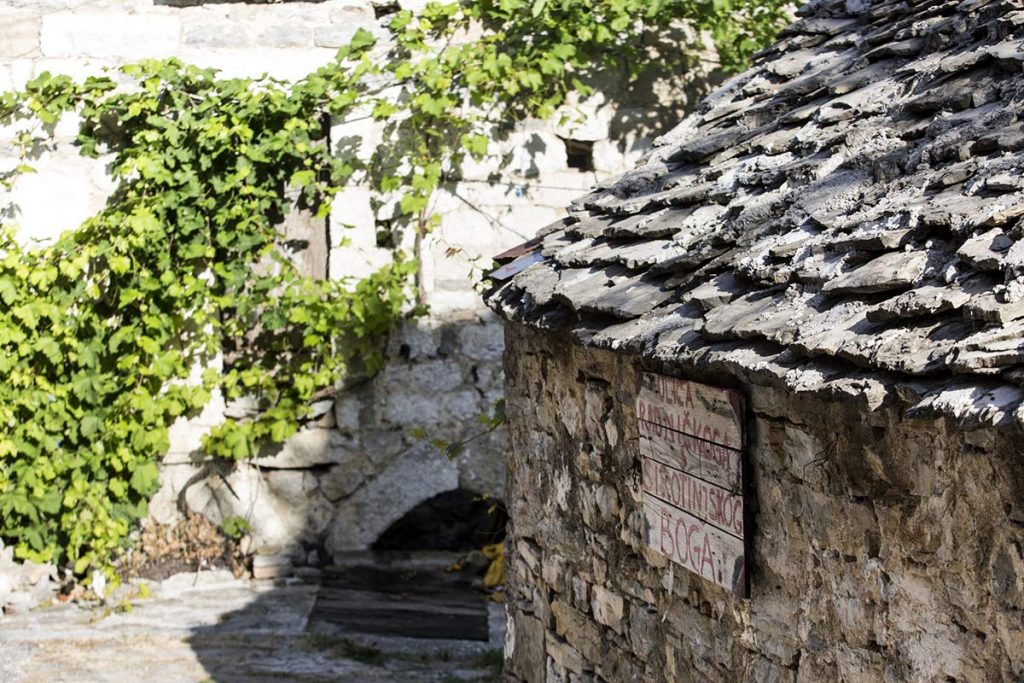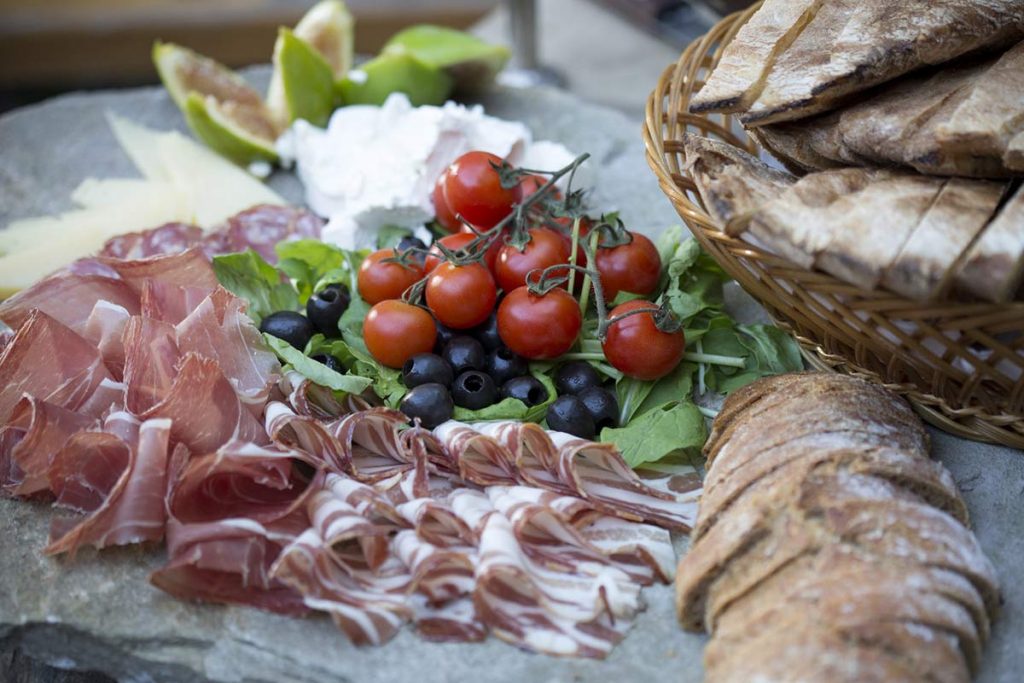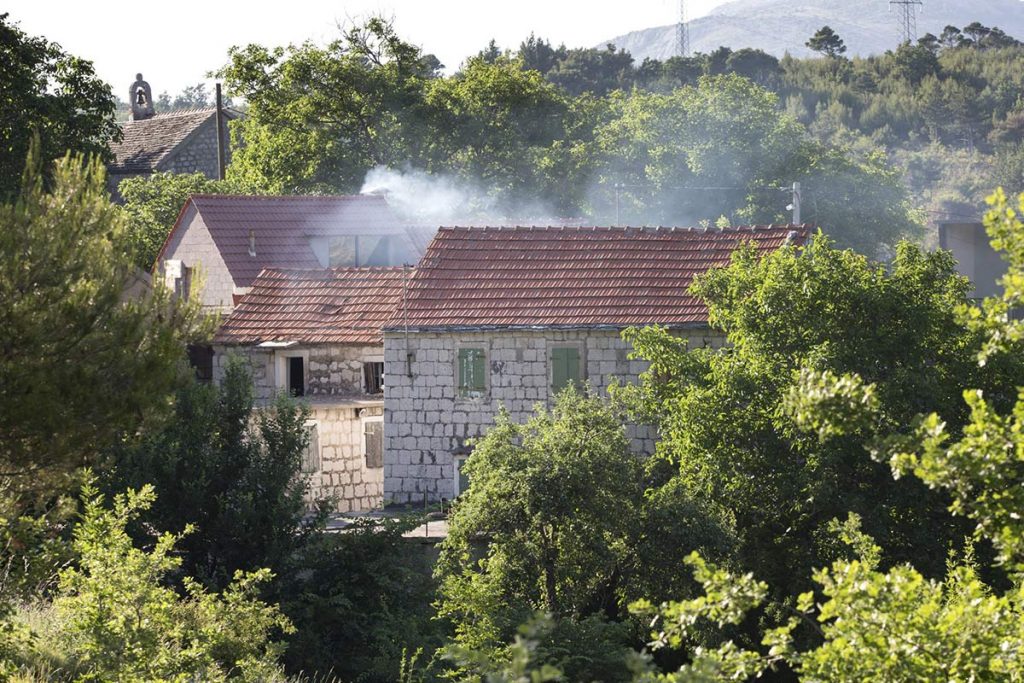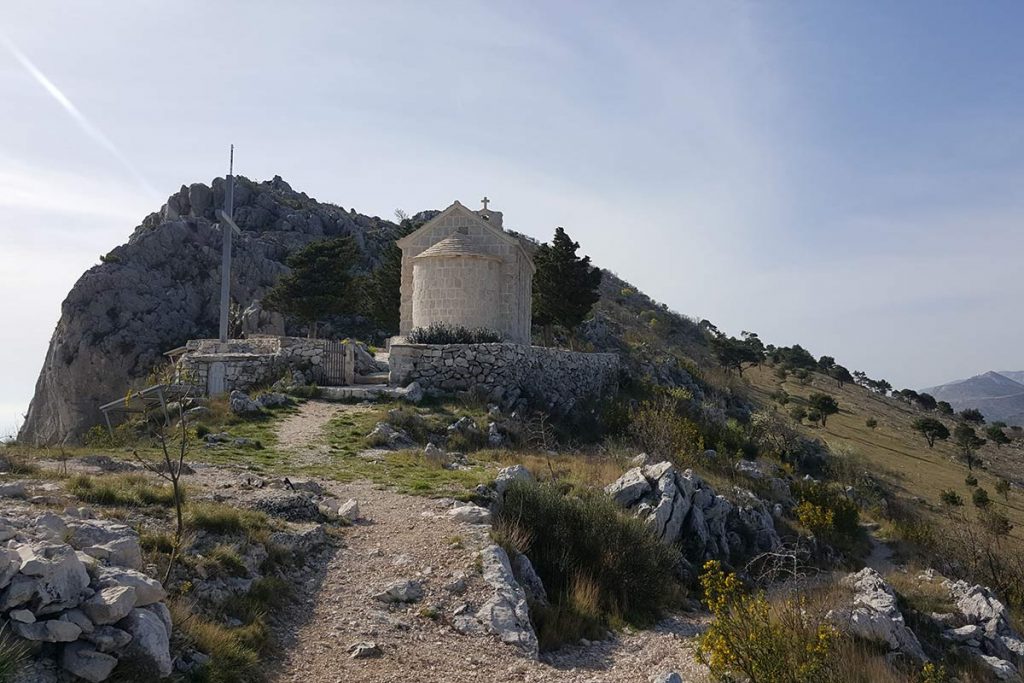
Situated in the middle Dalmatia, between towns Split and Omis, stretched from the sea all the way up to the hinterland till the other side of the Dinara mountain, the Republic of Poljica was indeed a unique phenomenon in whole Europe.
It remained independent and free more than 600 years, from the 13th century till the arrival of Napoleon’s troops in the 19th century.
Poljica have had their own very original legal system and Poljica Statute is the most important monument of ancient heritage.
Contrary to many medieval European laws full of punishments involving torture- in Poljica Statute the law said “everybody has the right to live”.
Besides other relevant facts, it ensured Poljica’s independence, unity and sovereignty through many centuries.
Poljica did not leave any trace of aristocracy, princes, castles, or fortresses. Poljica left something much more- the Statute, which reflects its pride, bravery, sweetness of freedom, and true rural democracy.
These laws and regulations were incredibly advanced, even in regards to modern states today.
The Poljica Statute was written in Poljica’s Bosnian alphabet using a dialect that was invented and used only in Poljica.
When you come to Dalmatia, you simply must not miss to visit this must-see area! You will be so impressed with small and picturesque villages, still very vivid agriculture, amazing landscapes, old stone houses and warmth of local people.
Only in this area you will have an opportunity to taste a meal named Soparnik which is officially recognized as the “Croatian brand” and it is inscribed in the UNESCO List of Intangible Cultural Heritage.
Once you try it- you will never forget its taste!
Discover Poljica Republic
On Sugaman’s Hiking and Gastro tour from Omis, you will get the chance to explore beautiful Poljica region, its hinterland, villages and old stone house, and most of all you will get the opportunity to experience traditional local dishes like “food under the bell”, locally called “peka”, and aforementioned Soparnik, authentic to this region.







